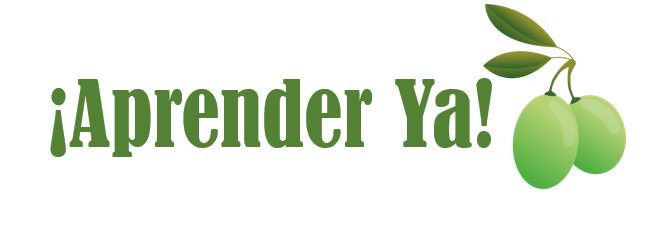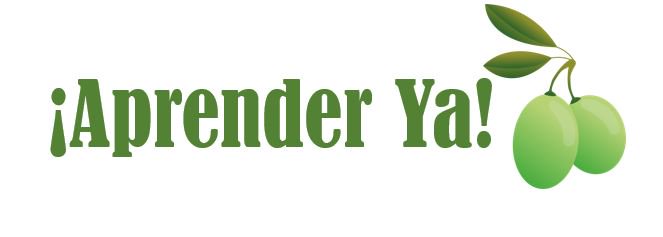Are you taking a gap year to travel South America?
Doing your studies practice in Spain?
Holidaying in Lorret de Mar?
This course is what I need:
If the answer is yes this is the course to get you ready!
This is a fast course for beginners level. It is based on daily activities, like going to the bank, buying airline and train tickets, airports, hotels, youth hostels, supermarkets, markets, clothes shopping, buses, doctors, going to the police station, embassy, emergency situations, working environment, office, etc.
How will the lessons help you?
The lessons are very practical and to the point, we will offer role play activities to practice the subjects mentioned above. You will be speaking from day one, this will make you feel confident to speak and be ready for your life there. For example, buying airline tickets, booking a hotel room, going to the doctor, to the supermarket, etc.
Example:
To give you a very concrete example if you are planning a trip to South América we will also help you with your travel preparations and work with you in using Spanish expressions used in those countries. Also we can check the best routes based on local´s experiences by reading blogs with you from local people in Spanish. Also what the locals think in regards to where to do your shopping, or where to eat etc. Also we can help with a travel checklist (in Spanish to make sure you are totally ready when you leave for your gap year!)
What am I going to learn?
Survival Spanish course: this course has four levels. Survival 1, Survival 2, Survival 3 y Survival 4. Each level is 10 lessons.
Survival 1 (A1.1)
Subjects:
- Giving and requesting personal information
- Introduce yourself and others
- Explain why you want to do something
- Talk about professions
- Talk about what you do
- Discovering places
- Talk about cities, villages, asking and giving directions
- Talk about the weather
Grammar:
- Alphabet and pronunciation
- Nouns and adjectives gender
- Three conjugations -ar, -er and -ir in present
- Verbs ser, llamarse, tener, estar
- Personal pronouns
- ¨Hay¨ uses
- Superlatives
- Reflexive verbs
- Numbers under 100
Survival 2 (A1.2)
Subjects:
- Identify objects
- Expressing needs
- Shopping: asking for prices, items etc.
- Talking and asking about likes and dislikes
- Talking about physical appearances and character
- Speaking about habits and frequency.
- Telling and asking the time
Grammar:
- Verbs: tener que + infinitive, preferir, gustar
- Numbers over 100
demonstratives este, esta, ese, esa, eso. - Verbs present tense irregulars
- Possessive pronouns
- More reflexive verbs
Survival 3 (A1.3)
Subjects:
- Eating out in bars and restaurants
- Ordering food and complaining about food
- Speaking about different culinary habits
- Describing districts, towns and villages
- Discussing what you like about a place
- Asking for and providing information about places
- Speaking about past experiences
- Speaking about people’s skills and talents
- Talking about past habits and customs
Grammar:
- Pretérito Perfecto
- Present tense regular, irregular verbs and reflexive verbs
- Poner y traer
- Yo sí, yo tampoco, yo no, yo también
- Saber + infinitive and poder + infinitive
- Prepositions and adverbs of place (cerca, al lado, en, etc.)
- Quantifiers: algún, ningún, muchos etc.
- Impersonal form with ¨se¨
Survival 4 (A1.4)
Subjects and practical sessions:
This course is designed to put into practice everything you learned in the other three courses. We will do role play in the following subjects- if you want other subjects let us know!
- Going to the doctor
Ordering food and complaining about food - Booking an airline, train ticket, hiring a car.
- Going to the tourist office
- A day in the market
Shopping - Running into problems: contact the police, going to the doctor, pharmacy, losing or delayed luggage, accidents.
- What do I do if I get invited to a Spanish household?
- Job interview
- A day in the office


